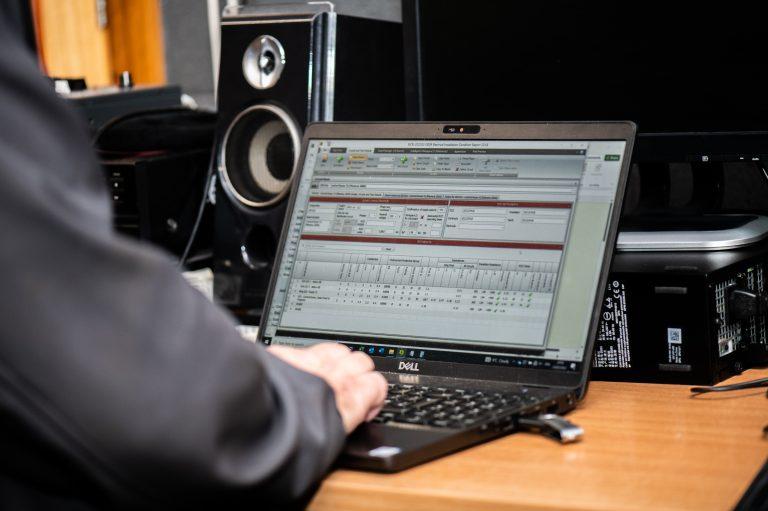As we head to the polls in the general election 2017 it seems like just yesterday we were choosing a future for the UK. We completed our ballot papers to vote on one of the biggest referendums in our generation, Brexit. And on the morning of the 24th June 2016 it was announced that 51.9% voted in favour of leaving the European Union, the future had been decided.
Since June last year there has been plenty of speculation and media coverage surrounding the fate of the UK, hard Brexit or soft Brexit, who will lead the country in negotiating a post-Brexit deal, are we staying in the single market or leaving the single market? A never ending list of questions and conjecture.
How long will Brexit take?
Unpicking 43 years of treaties and agreements covering thousands of different subjects is never going to be a straightforward task. The post-Brexit deal is likely to be the most complex part of the negotiation because it needs the unanimous approval of more than 30 national and regional parliaments across Europe.
How is the EU currently involved in setting UK electrical testing standards and regulations?
Currently the UK adopts European standards when it comes to products and electrical testing. This starts at an international level, the IEC (International Electrotechnical Commission) is a non-profit, non-governmental international standards organization that prepares and publishes International Standards for all electrical, electronic and related technologies.
The CENELEC (European Committee for Electrotechnical Standardization) then take these and may modify them to set European standards for member states. The UK is a member of CENELEC so we adopt these European standards. These standards then become part of our national law. You might recognise the mark ‘BS’ which stands for British Standard. When you see ‘BS EN’ that means British Standard European Norm.
The BS 7671 Wiring Regulations which govern Fixed Wire Testing written by the IET (Institute of Engineering and Technology) are actually based on the IEC 60364, this is the International Electrotechnical Commission’s international standard on electrical installations of buildings.
Will Brexit affect electrical testing standards and regulations?
We caught up with Jim Wallis, Technical expert at Seaward Group and member of CENELEC, he said:
“When Brexit was announced we were told its business as usual. Meetings are taking place surrounding European directives but the legislation we have adopted in the UK is now part of our national law. The legislation and guidance from the IEC and CENELEC has been built on years of technical knowledge and expertise, I can’t see this being unpicked or left behind. In essence I can’t see Brexit dramatically affecting electrical testing regulation in the UK. The Wiring Regulations are based on the IEC 60364 but the frequency of testing is set by the country so the UK decides this part of the guidance.”
What about staying or leaving the single market, will this have an impact?
Theresa May has made it clear that the UK will not seek to stay in the EU single market if she remains prime minister. Labour has said it wants the UK to retain all the benefits of being in the single market, even though it does not necessarily have be a member.
In terms of standards, whether we remain in the single market or leave it, most UK businesses want to trade with the rest of the EU so it’s in our interest to retain European standards. This enables UK businesses to do business easily with the rest of Europe.
When will this all happen?
The BS 7671 18th Edition Wiring Regulations are due to publish in July 2018. After Britain triggered Article 50 in March 2017, the UK is now scheduled to leave the EU by the end of March 2019. So the 18th edition will not be affected by Brexit.
In terms of the future, only time will tell.




